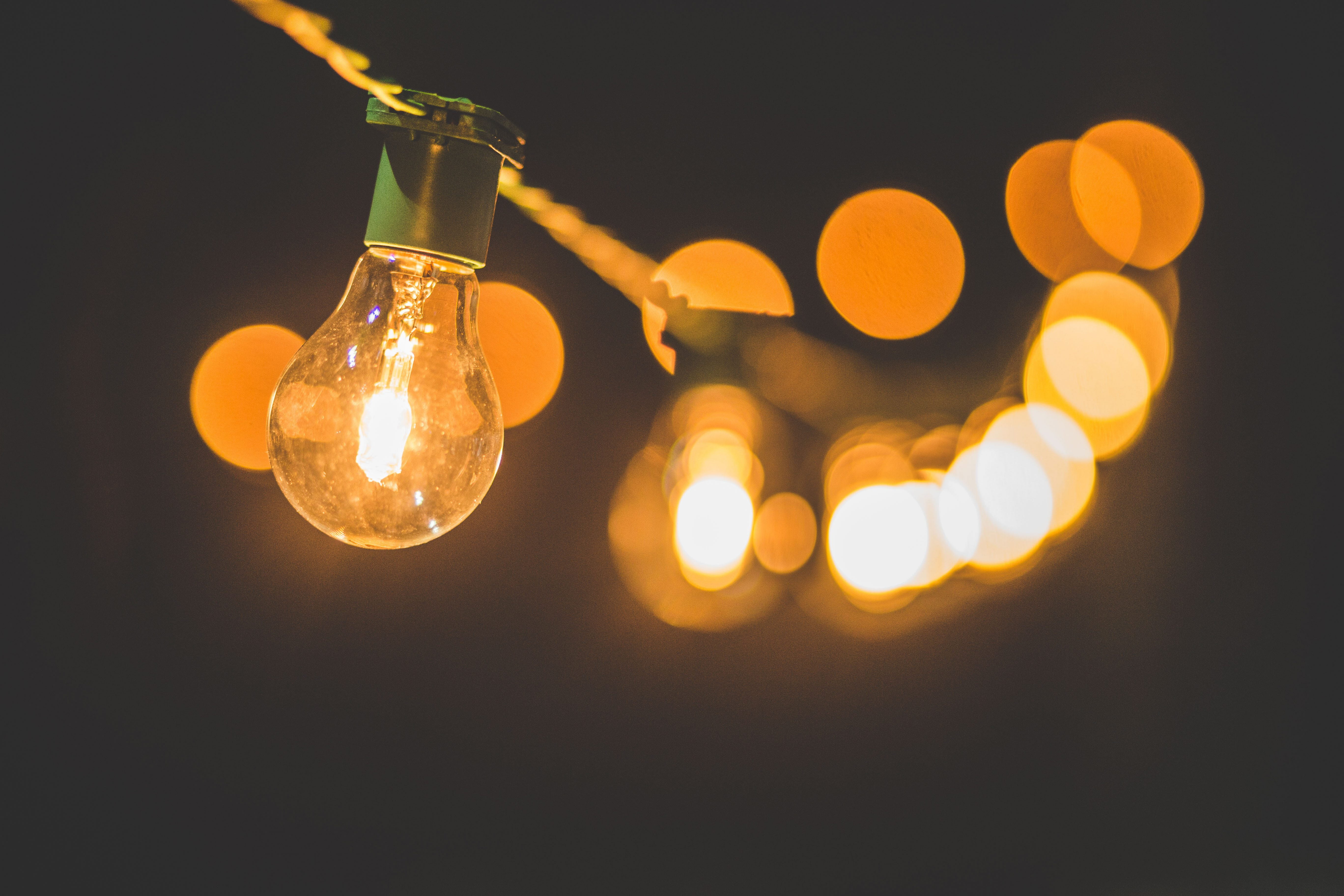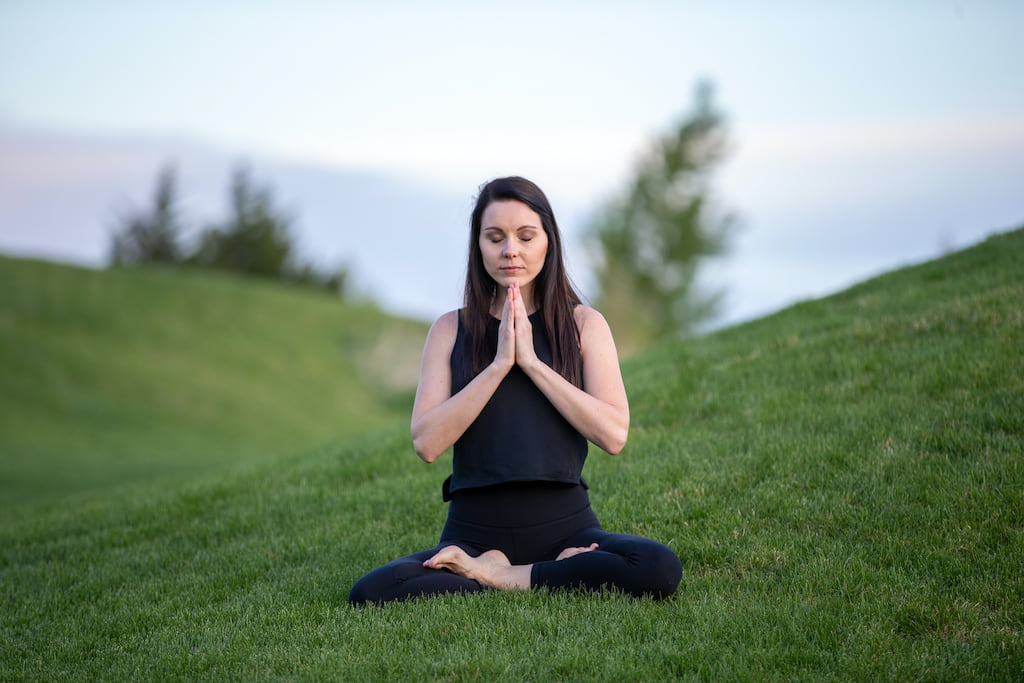The Secret to Success: Being Present

Contents
We don’t spend a lot of our time being present in the moment. When we are not engaged in intense action or thinking, or when we are not concentrating our minds, then we actually become present.
If we take a step back and look at our lives from afar, our time is divided into three modes of living: by taking actions, by thinking, and by being in the moment. Of those three means of living, we primarily operate in ‘action mode’. Whether it’s when we’re at work, partaking in a hobby, or having a conversation, the majority of our days is about taking action. The next most common mode we spend our time in is in our ‘thinking mode’. Thinking is an activity that we do when we’re not in action mode, or when we’re partaking in an activity that doesn’t require a lot of focus or concentration. Think of when you’re lying in bed before you fall asleep, on your commute to work, or waiting in line at the bank. After memorizing the route home, it can even happen while you’re driving home from work.

Then when exactly can we be present? And what does that have to do with success?
The third, shortest portion of our lives is spent on being present. The best opportunities to be present are when we’re not partaking in an action that requires focus, talking with others, or thinking about a certain issue or topic. Think about it; how much of your day could then be used for practicing being present? For most of us, it’s not a lot. Yet when we do get those short blocks of time to just exist, we’re able to pay attention with more awareness to our sensations, surroundings, feelings, and emotions. This could be while going for a walk, while listening to music, or meditating.
This is easier said than done though, especially when you live in a culture and society that puts so much emphasis on progressing forward, taking action, and being productive. Our families, friends, and even politicians always highlight the need to think, plan, and take action, yet they rarely mention the importance of being present. Within this framework of thinking, being present and taking that time for yourself to just sit and be aware of yourself and surroundings can be considered lazy, unproductive, and useless. Yet, these perspectives are missing a significant point that in order to be successful, we must allow ourselves to tap into our own well of creativity, self-awareness, values, and drive.

In fact, being present both psychologically and spiritually is one of the most powerful states of mind we can be in. When we live in the present moment and immerse ourselves fully into the experience we’re currently participating in, we in a sense give our minds the space to rest, recover, explore, and consider different perspectives. These moments of being present are the moments when composers, writers, administrators, artists, and scientists come up with new ideas, make connections, and form insights.
When we look at the important discoveries or breakthroughs throughout history, we see that the one common denominator is having a consistent practice of being present.
For example, even though we know this story didn’t happen exactly like this, we know that Newton first thought about the laws of gravity when he observed an apple fall from a tree he was sitting under. Descartes thought of the coordinate system used in geometry as he was trying to fall asleep, Niels Bohr was half-asleep when he dreamed of electrons moving around an atom, Paul McCartney would hear melodies as he was waking up, Sigmund Freud would always go for a walk to let his thoughts flow.
That being said, this is not to take away from the importance of also spending our time involved in the other two states of being, that is in action and thinking. The point is that there needs to be a more balanced division of how we spend our time. Just as being present was important to the aforementioned innovations, so was the actions and thinking processes involved in formulating those ideas. There are hours, days, months, and maybe even years of action, thought, and mindfulness that are behind every “a-ha!” moment.
All of these considerations can perhaps convince us as a society and culture to redefine how to perceive giving ourselves time to be present and just sit with our thoughts, emotions, and surroundings. Once we acknowledge how fundamental this time and space is for us to cultivate creativity, innovation, and new perspectives, we may be more willing to allow for this time. Taking the point one step further, we may even find that the way we define and perceive a good use of time changes as we begin to embrace simply being present. It is somewhat jolting when you realize that you spend hardly any time for weeks and even months on end just allowing yourself to sit and be completely present in the moment.

The role of meditation
This is where meditation can play a very crucial role in easing you into a consistent habit of allowing for this time to be present. Meditation teaches us how to control our minds, including how to give it the space to roam and be present. By taking 10 minutes a day to meditate, closing our eyes, and focusing on the exact moment that we’re in, we’ll create the foundation for ourselves to tap into our greatest source of creativity and potential. Just like every new habit, it may seem difficult at first, but by practicing how to control our minds, we may enjoy the most rewarding benefits yet.





